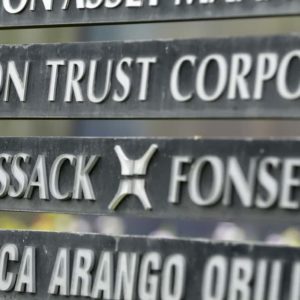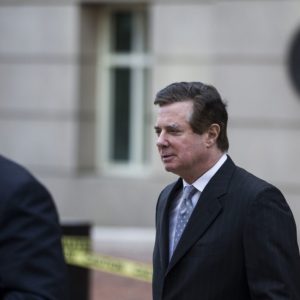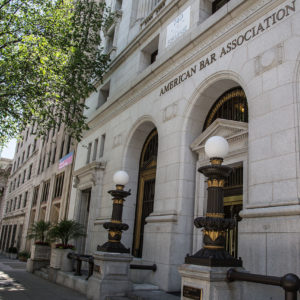In last week’s post, I raised the question of why the American Bar Association (ABA), which represents the U.S. legal profession, so strenuously opposes even relatively modest measures to crack down on the use of anonymous companies for money laundering and other illicit purposes. In particular, the ABA has staked out a strong, uncompromising opposition to the bills on this topic currently under consideration in the U.S. House (the Counter-Terrorism and Illicit Finance Act) and in the Senate (the TITLE Act). As I noted in my last post, the substance of the ABA’s objections (summarized in its letters here and here) appear, at least on their surface, unpersuasive as a matter of logic, unsupported by evidence, or both. This, coupled with the fact that many ABA members strongly disagree with the ABA’s official position on this issue, made me wonder how the ABA’s President and Government Affairs Office had come to take the position that they had.
After doing a bit more digging, and talking to several knowledgeable people, I have a tentative answer: The ABA’s opposition to the currently-pending anonymous company bills is based on an aggressive over-reading of a 15-year-old policy — a policy that many ABA members and ABA committees oppose but have not yet been able to change, due to the ABA’s cumbersome procedures and the resistance of a few influential factions within the organization.







